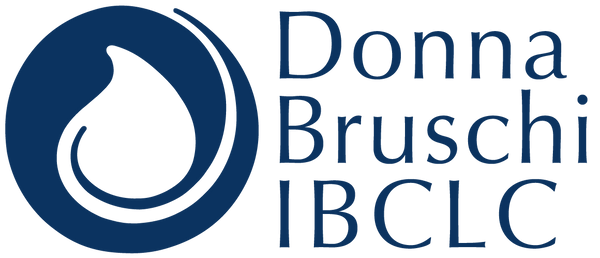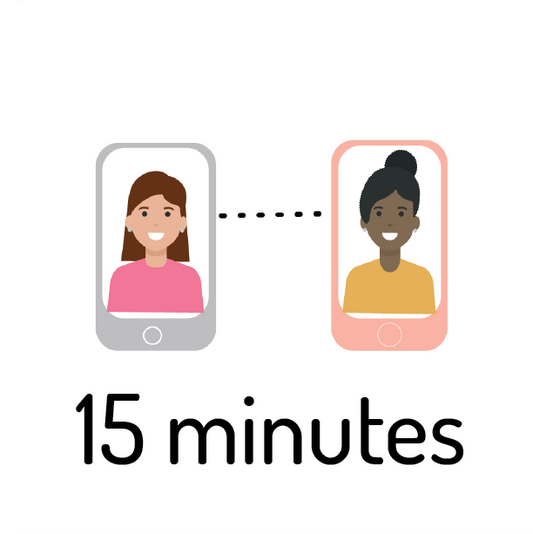Inducing Lactation
What are "Induced Lactation" and "Re-Lactation"?
Humans are mammals and mammals make milk, a process known as lactation. The amazing thing about our bodies is that women and men, can make milk, without even being pregnant or giving birth.
Induced lactation is when a person, female or male, who has never lactated, and/or been pregnant, wants to start lactating, generally for the purpose of breastfeeding their adopted, surrogate or biological baby. There are several ways to induce lactation, but if you stimulate your nipples and breasts enough, most any adult human can start lactating. You can also induce lactation with drugs.
Here is an example of medically induced lactation.
There is a drug called Domperidone and it's prescribed for nausea & vomiting. Men & women notice that when they take Domperidone, one of the side effects is milk leaking from their breasts. (Yes, that area of a man's chest is called a breast.)
Relactation is when a woman has previously breastfed and stimulates milk production again without benefit of a pregnancy.
This re-starting of lactation can be for a baby who had breastfeeding difficulties early on and never breastfed, an infant who weaned prematurely, an adopted child, or even a grandbaby. Obviously, the stories of re-lactation are fascinating, as is the process of how a woman's breasts re-activate.
Love makes milk, literally.
When a person cuddles a baby and they spend time together, oxytocin is produced in both of them. Oxytocin is a hormone that causes you to feel loving feelings and helps to make milk, but that alone won't make you lactate.
If you stimulate your nipples whether by hand, breast pump or your baby suckling, then you will begin to make milk. How much milk you make depends on your breast development and capacity, and the amount and frequency of stimulation you are receiving.
There are also herbal and medical protocols for making milk.
There are protocols using birth control pills, herbal and medical galactagogues that will improve your milk production, though with some side effects. These are options you can consider, and you will have medical supervision while doing so.
Who is relactation and induced lactation for?
- Parents who are adopting, or having a baby through a surrogate
- Lesbian couples who want to co-nurse
- MTF and FTM transgender parents who want to breastfeed, or co-nurse
- Grandmothers raising their grandbaby
While the family configurations are endless, the goal is singular: You want to breastfeed your baby.
The good news is: You can definitely breastfeed your baby, if you don't care how much milk you make.
Obviously everyone would love to be abundant and bounteous, because that's a wonderful feeling, but that might not be realistic.
- If you previously lactated or breastfed with good milk production, your chances are good that you will bring in good milk production again.
- If you have been pregnant or lactated, you may produce enough, but you may not.
- If you have never been pregnant or lactated, you may produce only small amounts, but it's also possible you might make more.
- Anyone can breastfeed with a supplemental nursing system.
Breastfeeding is so much more than providing food.
In all cases, it's better to go into it with your goal being to "nourish" at your breast and expect to supplement at-breast or by bottle. It's far healthier for you and your baby to define your own success, rather than try to meet a textbook definition of breastfeeding.
If you agree with this, I can help you.
All options are available: medical, stimulated, and supplemented induction and/or relactation. It starts with a consultation to understand your medical history, your baby's medical history, and to explore how you see yourself breastfeeding.
Simply schedule an appointment. I look forward to helping you!
You are leaving this site and entering my HIPAA compliant patient portal.

Ella B.
My son was born with a lip and tongue time, and even after his procedure, nursing was extremely painful. I would cry and clench my fists during every feeding, staring at the timer until 20 minutes were up so I could give myself permission to unlatch my son. Feeding him was a huge burden and caused me a great deal of anxiety because of how much it hurt.
I worked with Donna during the first few months of my son's life. I went from dreading nursing, to nursing on demand thanks to her support.
Client favorites
-
Estella Organic Jersey Baby Gift Set - Taxi - 0-3 M
Vendor:EstellaRegular price $55.00 USDRegular priceUnit price / per$55.00 USDSale price $55.00 USD -
Lactation Consultation - Quick Question -Telehealth
Vendor:New Baby New Paltz Ltd.Regular price $40.00 USDRegular priceUnit price / per$30.00 USDSale price $40.00 USD -
Bravado Body Silk Seamless Yoga Nursing Bra #1436
Vendor:BravadoRegular price $49.00 USDRegular priceUnit price / per$49.00 USDSale price $49.00 USD







